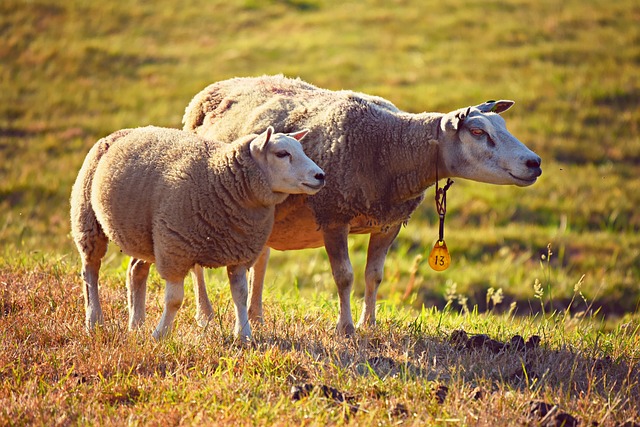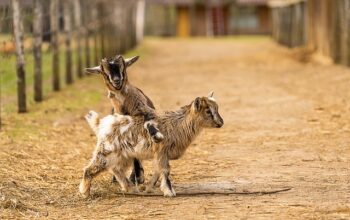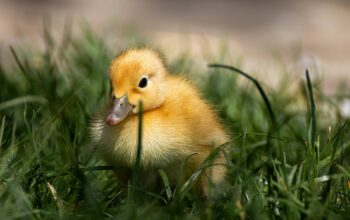Choosing the right fencing material for your farm is crucial for safety and longevity. Consider durable options like wood, metal (galvanized steel or aluminum), or vinyl, balancing cost, longevity, maintenance, and ecological sustainability. For enhanced security, use welded wire or solid wood posts, strategic gates, and electrical fencing in high-risk areas, ensuring a secure yet efficient farm fence system.
Looking to secure your horse and livestock with top-notch fencing? Choosing the right material is key, balancing cost, maintenance, longevity, and environmental impact. From sturdy wood to durable metal or low-maintenance vinyl, each option offers unique benefits. Once you’ve selected your material, effective farm fence design considers livestock needs, terrain, climate, and budget. We’ll guide you through installing specialized fencing for diverse species and high-traffic areas, plus offer expert tips on regular maintenance and repairs to ensure your farm fencing stands the test of time.
- Choosing the Right Fencing Material for Farm Safety and Durability
- – Types of fencing materials: wood, metal, vinyl
- – Considerations for material selection (cost, maintenance, longevity, environmental impact)
- Designing a Secure and Efficient Farm Fence System
Choosing the Right Fencing Material for Farm Safety and Durability
When it comes to fencing your farm, selecting the right material is paramount for both safety and durability. Traditional options like wooden posts and rail fences offer a classic look but may require more maintenance due to rot and decay over time. Alternatively, modern vinyl fencing is low-maintenance, highly durable, and available in various styles, making it an excellent choice for farms with valuable livestock.
For areas requiring higher security or where aesthetics play a significant role, metal fencing like galvanized steel or aluminum can provide robust protection against intruders and harsh weather conditions. These materials are known for their longevity and minimal upkeep, ensuring your farm remains secure and well-protected for years to come.
– Types of fencing materials: wood, metal, vinyl
When considering fencing options for your farm, several materials offer durable and effective solutions for containing horses and livestock. Wood fences are a classic choice, known for their aesthetic appeal and ability to blend seamlessly into rural landscapes. They provide good visibility, allowing animals to see through and reducing the risk of isolation or panic. However, wood requires regular maintenance to prevent rot and damage from elements like rain and sunlight.
Metal fencing, particularly steel or aluminium, offers a more robust alternative. These materials are strong, durable, and resistant to decay. They can withstand harsh weather conditions and provide a secure barrier for livestock. Metal fences often come in various styles, including post-and-rail and mesh, catering to different needs and preferences. Vinyl fencing is another low-maintenance option known for its longevity and resistance to rust and rot. It’s an excellent choice for those seeking a visually appealing yet low-upkeep fence, making it ideal for farm settings where aesthetics matter.
– Considerations for material selection (cost, maintenance, longevity, environmental impact)
When selecting fencing materials for a farm, cost is a primary factor but should be balanced with longevity and maintenance requirements. Standard chain link fences are affordable but may require more frequent repairs and have a shorter lifespan compared to alternatives like vinyl or wood. While initially more expensive, these durable materials can last for decades with minimal upkeep, saving long-term costs.
Environmental impact is another crucial consideration in fencing farm choices. Some materials, such as treated wood, may contain harmful chemicals that could leach into the soil and water. Vinyl and recycled metal options are more eco-friendly choices that offer lasting protection without these environmental concerns. Ultimately, the best fencing for farms should be chosen based on a combination of cost, durability, maintenance ease, and ecological sustainability.
Designing a Secure and Efficient Farm Fence System
When designing a secure and efficient farm fence system, consider both functionality and durability. Opt for high-quality materials such as welded wire or strong, solid wood posts to ensure longevity against weather conditions and potential wildlife damage. The fence should be tall enough to deter most predators while allowing adequate visibility for monitoring livestock movements.
Efficient fencing also involves strategic placement of gates and entry points. Well-designed gate systems that are both secure and easy to operate will save time and effort when managing your livestock. Additionally, incorporate electrical fencing as a secondary layer for added protection, particularly in areas with high predator activity. This can be done alongside traditional fencing for maximum security while still allowing for effective herd management.
When selecting fencing for your farm, prioritizing safety and durability is key. Considering factors like material type, cost, maintenance requirements, and environmental impact will ensure a robust and long-lasting solution. A well-designed farm fence system not only protects your horses and livestock but also enhances the overall efficiency of your property management. For an optimal fencing for farms experience, combining suitable materials with strategic design creates a secure and sustainable environment for all your agricultural needs.




